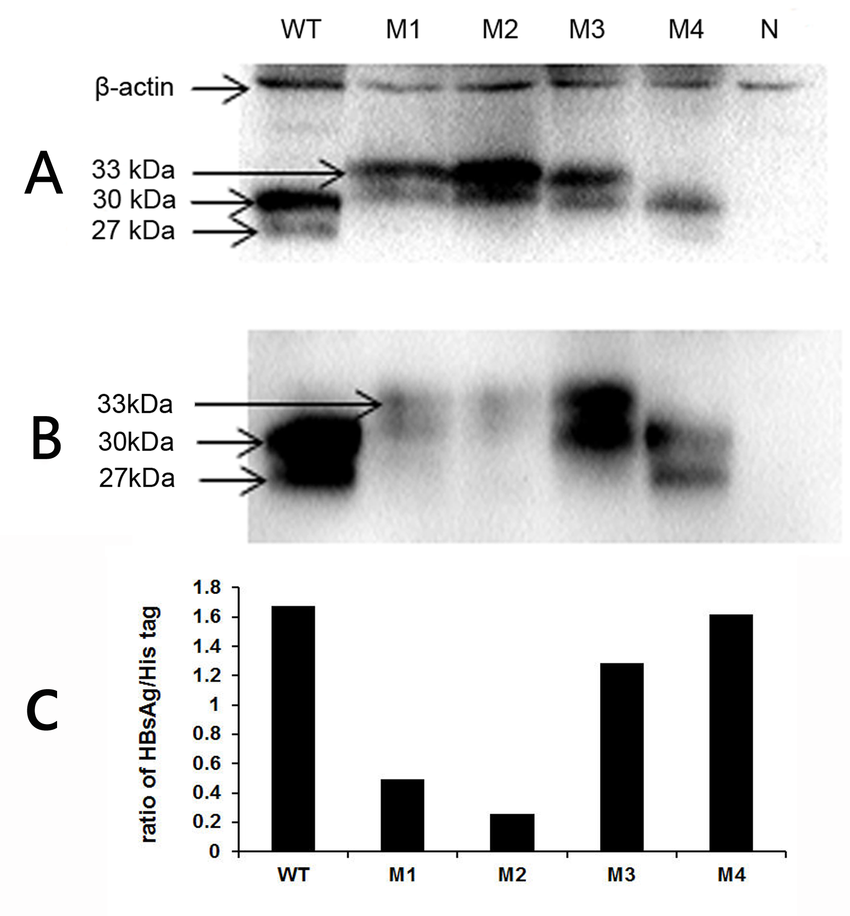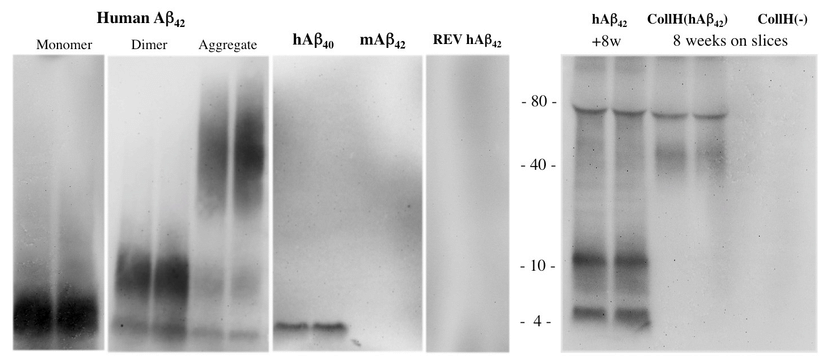Western blotting, also known as immunoblotting, is a well-established technique in molecular biology research. Its ability to separate proteins by size and then specifically detect them using antibodies makes it a powerful tool for protein analysis. However, its applications extend beyond the research laboratory and into the realm of clinical diagnostics.
Disease Diagnosis and Monitoring:
Western blotting can be a valuable tool for diagnosing various diseases by detecting the presence or absence of specific protein markers.
- Viral Infections: Antibodies designed to target viral proteins can be used to confirm infections. For example, Western blotting can detect the Hepatitis B surface antigen (HBsAg) in the blood, definitively diagnosing Hepatitis B infection.
- Cancer Diagnosis: Certain cancers are associated with either the overexpression or presence of specific proteins. Western blotting can be used to detect these markers, aiding in cancer diagnosis. For instance, elevated levels of alpha-fetoprotein (AFP) in the blood can be indicative of liver cancer.
- Neurodegenerative Diseases: Western blotting can be used to detect abnormal protein aggregates associated with neurodegenerative diseases like Alzheimer's and Parkinson's. Analysis of proteins like beta-amyloid and alpha-synuclein can support diagnoses in these cases.
Autoimmune Disease Identification:
Western blotting plays a key role in identifying autoantibodies, a hallmark of autoimmune diseases. These are antibodies mistakenly produced by the immune system against the body's own tissues.
- Autoimmune Encephalitis: Detection of autoantibodies targeting specific neuronal proteins in the cerebrospinal fluid (CSF) can aid in diagnosing autoimmune encephalitis.
- Rheumatoid Arthritis: Western blotting can be used to detect rheumatoid factor, an autoantibody against Fc regions of immunoglobulins, which is a diagnostic marker for rheumatoid arthritis.
The video below explores the underlying causes of autoantibody production in more detail.
Confirmation of Protein Biomarkers:
Western blotting serves as a valuable tool for confirming the presence and validating the specificity of newly discovered protein biomarkers for various diseases. This helps establish the reliability of these markers for future clinical applications.
Therapeutic Monitoring:
In some instances, Western blotting can be used to monitor the levels of therapeutic proteins administered to patients. For example, Western blotting can be used to track the levels of replacement enzymes following enzyme replacement therapy in Gaucher disease.
Advantages of Western Blotting in Diagnostics:
- High Specificity: The use of specific antibodies enables the detection of target proteins with minimal interference, leading to high diagnostic accuracy.
- Versatility: Western blotting can be applied to a broad range of proteins and diseases, making it a widely adaptable diagnostic tool.
- Sensitivity: Western blotting can detect minute quantities of protein, facilitating early disease diagnosis when protein levels might be low.
- Protein Characterization: Beyond identification, Western blotting can reveal information about the size and potential modifications of the target protein, providing valuable insights into disease mechanisms.
Limitations and Future Directions:
Despite its advantages, Western blotting has limitations. The technique can be time-consuming and labor-intensive compared to some newer diagnostic methods. Additionally, the development and validation of specific antibodies are crucial steps that require expertise and can be a bottleneck in the process.
Looking ahead, advancements in automation and miniaturization hold promise for making Western blotting more efficient and potentially suitable for point-of-care settings. Furthermore, the development of novel antibody technologies with even greater specificity and sensitivity is expected to further expand the diagnostic potential of Western blotting.
Conclusion:
Western blotting is not only a research tool but also plays a significant role in clinical diagnostics. By offering valuable insights into protein expression patterns associated with various diseases, it contributes to accurate diagnosis, disease monitoring, and the development of novel protein-based therapies. As the technology continues to evolve, Western blotting remains a cornerstone technique in the clinical diagnostic landscape. Biotechnology product suppliers like Gentaur play a crucial role by providing researchers and clinical labs with the necessary tools and reagents for successful Western blotting experiments.


